Over 400 Singaporeans turned up at Speakers’ Corner at Hong Lim Park on Sunday (April 3) to protest against the death penalty. This comes after Abdul Kahar Othman was executed last week for drug trafficking in 2015. Here is Kirsten Han‘s recollection of the event.
This morning, I was getting anxious and fretting to friends about a potentially low turn-out for Not In Our Name: Stop the Executions, Abolish the Death Penalty. When I registered with NParks as a speaker at this event, the form asked me to estimate the turn-out. I put 50 — friends who heard this chuckled and assured me that there would be more, but I did not dare set my expectations too high. After all the execution notices I’ve seen this year, after the execution of Abdul Kahar on Tuesday, it feels like I’ve just been yelling into a void all these years.
When the government repeatedly insists that an overwhelming majority of the Singaporeans support the death penalty and dissenting opinions are not given space in mainstream discourse, it can make you feel very alone, isolated on the fringes.
Their goal is to make you feel so discouraged that you quit.
This evening, over 400 Singaporeans and PRs showed up at Hong Lim Park to call for the abolition of the death penalty — over *eight times* more than what I’d allowed myself to expect. People made placards, joined in on chants, cheered on speakers, demonstrated solidarity for people on death row and their loved ones, and demanded an end to state violence.
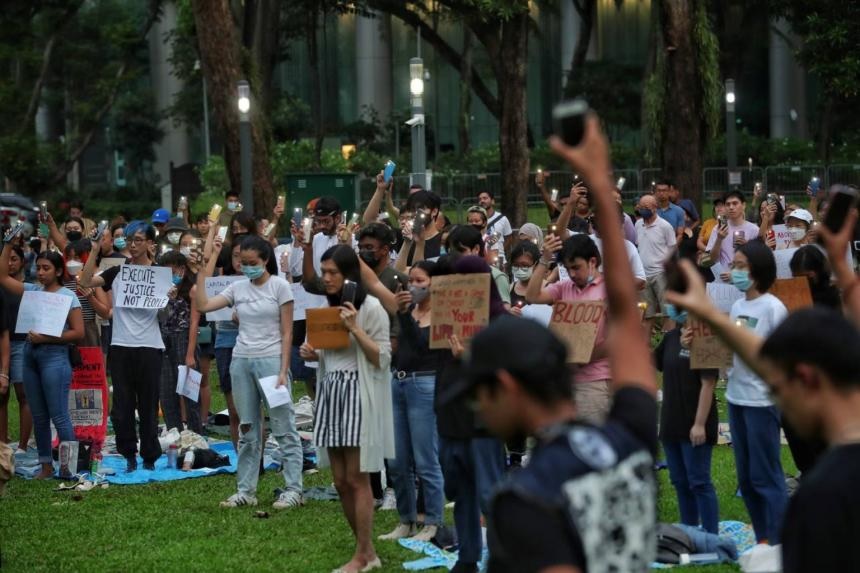
Members of Abdul Kahar’s family attended the protest today. They, too, said that the turn-out was larger than they’d expected. Some members of the family had seen callous comments on social media about Kahar in the week before his execution, when we were trying our best to campaign and raise awareness. Today, they saw support and solidarity instead. Kahar’s younger brother, Abdul Mutalib, told me, “It is over for my brother. Now we fight for everyone else.”
Later, when Kokila read out the names of people on death row (based on research done by Transformative Justice Collective volunteers), Mutalib expressed shock at how long the list was.
“There are 62 names,” I told him.
His eyes widened. “62… [They’re] not numbers. They’re people.”
Behind each of these 62 names is a person who is more than the mistakes they’ve made. They now languish in single cells in prison, subject to enormous stress and psychological torture, fearing the day they will be taken to the gallows.
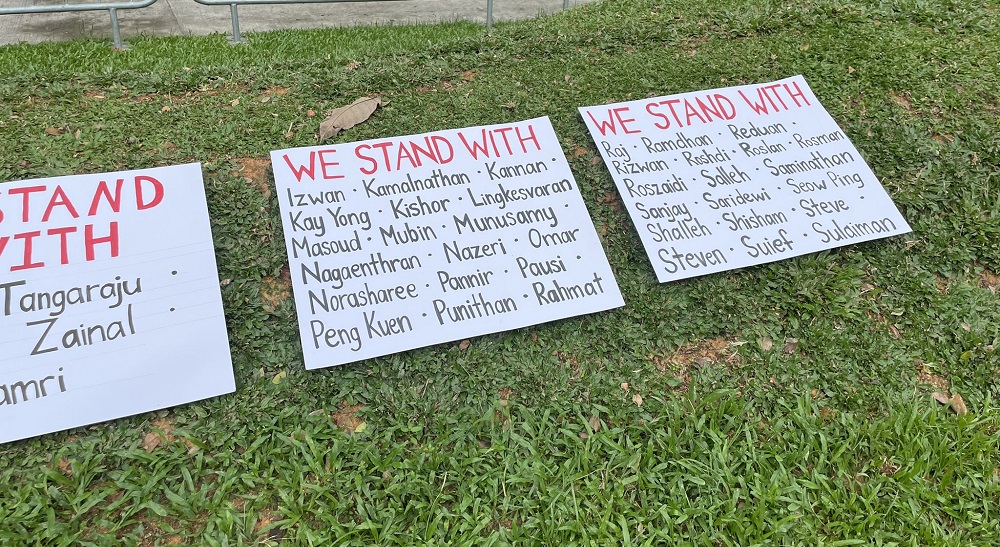
The system restricts their ability to communicate with the outside world, so we almost never hear what they might have to say. Even before execution, the state tries to erase their humanity by stopping them from speaking for themselves. Most of the time, they have to count on their family members, and on the rest of us.
This is why every single person who showed up at Hong Lim Park today is precious to the abolitionist movement, every voice urgently necessary.
There is power in seeing that we are not alone with our views and our convictions. There is power in being together, occupying the same physical space to take a collective stand for something we all believe in. There is power in demonstrating care, compassion, and support for one another. We draw strength from one another and become greater than the sum of our parts.
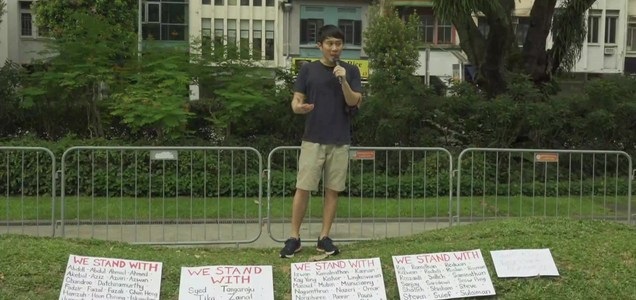
The more the government repeats that the majority of Singaporeans support the death penalty, the more important it is for those of us who reject it to stand up and be counted. We might still be in the minority for now, but human rights and human dignity should not be subject to the whims of the majority. Many countries got rid of the death penalty despite popular opinion, simply because it is cruel and inhuman punishment, and inevitable miscarriages of justice lead to disastrous consequences. Wrongful executions can never be set right; the people who have been wrongfully killed can never be brought back.
All the same, abolitionists must work all the harder to shift the needle, to put the issue on the table for discussion, to educate people, point out alternatives, encourage the imagining of better approaches. Today, I saw evidence that, over the past decade, the needle *has* shifted.
Our efforts will bear fruit one day. We shall overcome. Execute justice, not people.
#AbolishDeathPenalty
Source: Kirsten Han
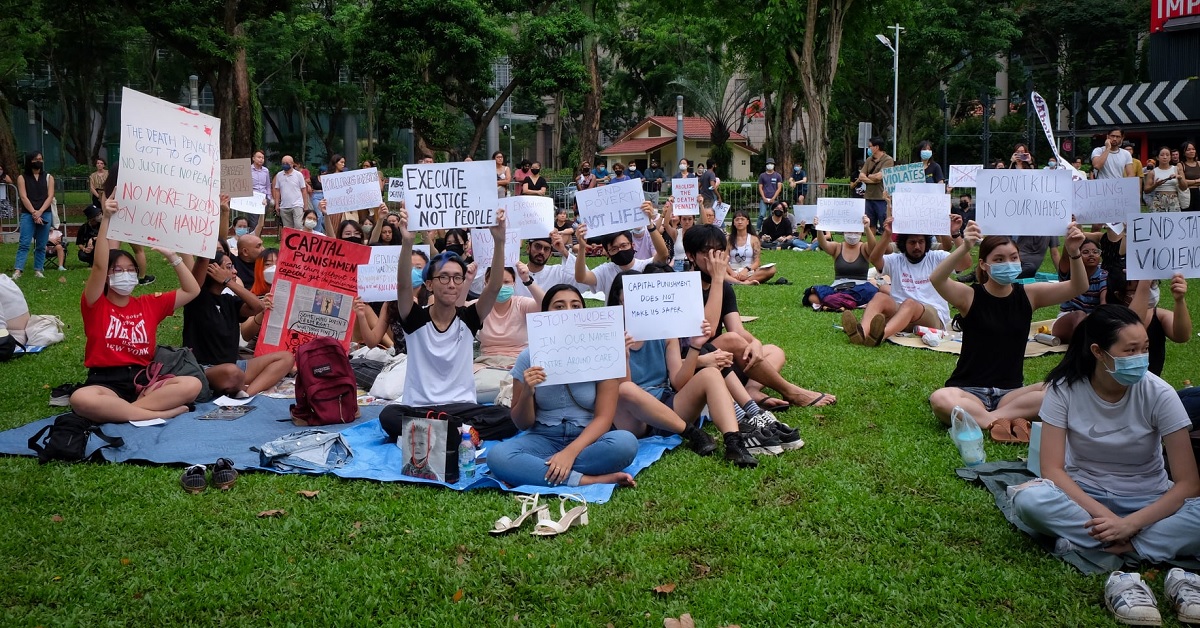
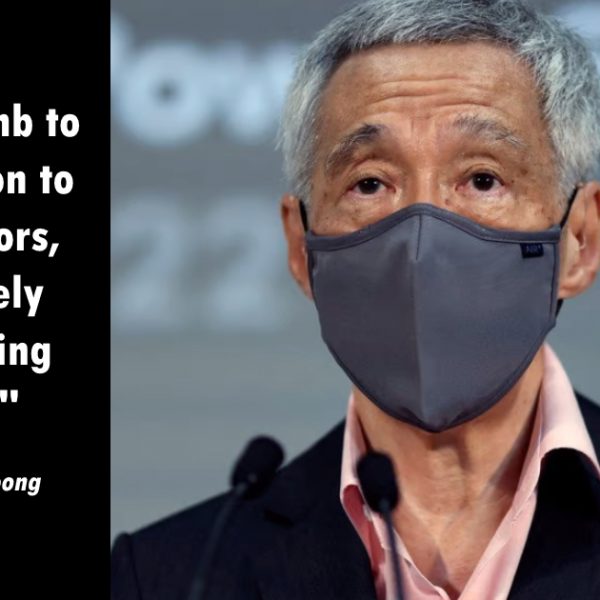
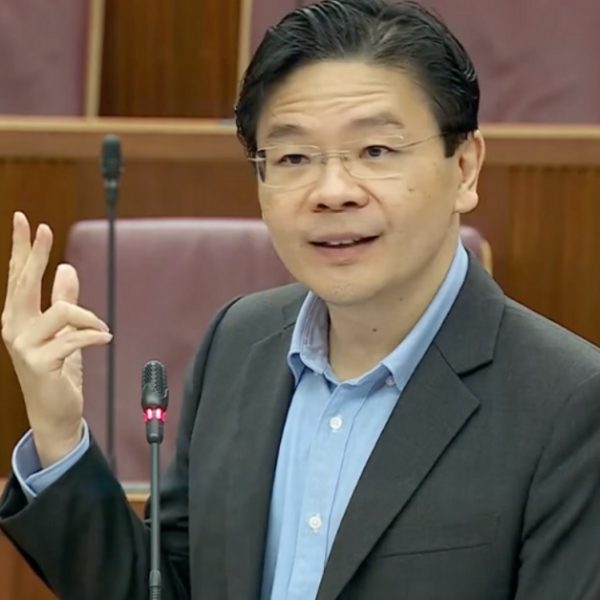
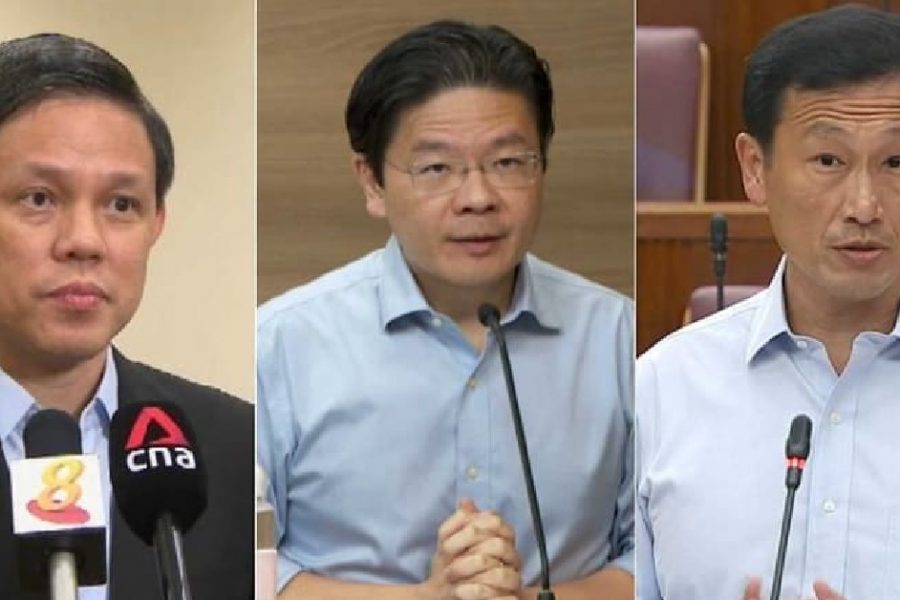
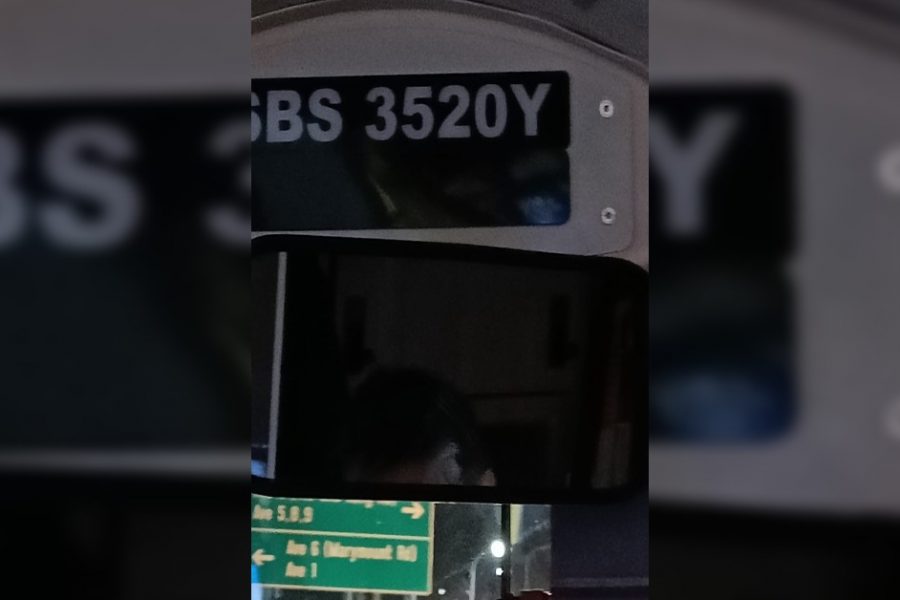
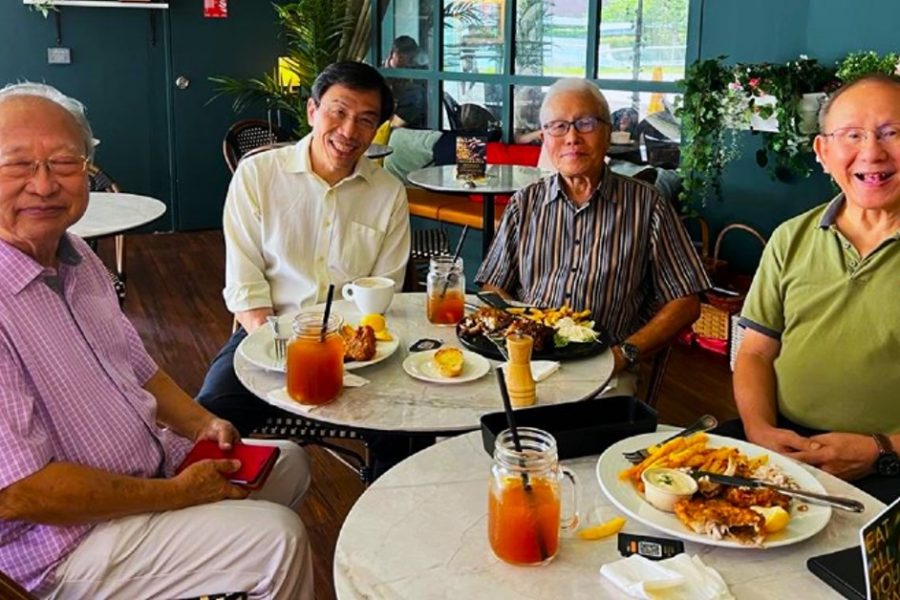
Death penalty is necessary for some crimes.l and has beem a useful and effectibe deterrant to keep crimes and we should not allow western liberal ideas that play on misplaced compassion